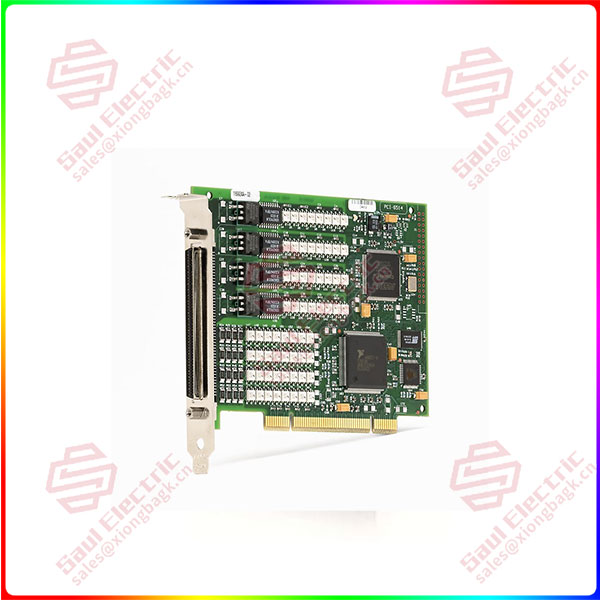When a technology and a new field enter the warm spring, the landmark event is whether large-scale industrialization can be achieved. So, how can artificial intelligence break the bottleneck of large-scale industrialization?
“To break the bottleneck of industrialization, it depends on how to do a good job of supporting the industrial chain environment for the development of the entire industry, such as how to demonstrate the reliability and stability of the model after the production of our design, which needs to be constantly improved and evolved in the pharmaceutical factory.” It is crucial to industrialize artificial intelligence and build platforms, ecological chains and industrial chains.” On October 26, Guo Yike, academician of the Royal Academy of Engineering, said at the 9th China Intelligent Industry Summit Forum in 2019. The forum opened in Xi ‘an on the same day, with the theme of “Driving the future, Intelligence without boundaries”.
In the view of Wang Endong, academician of the Chinese Academy of Engineering and chief scientist of Inspur Group, the rise of artificial intelligence is just beginning. “The development of artificial intelligence, on the one hand, is the industrialization of artificial intelligence itself, many startups are currently industrialized around artificial intelligence, on the other hand, artificial intelligence has a major demand for artificial intelligence industry.” In the next application, whether it is agriculture, services or industry will be greatly affected by artificial intelligence, artificial intelligence will have a huge impact on the upgrading of these industries, which is hundreds of times more than the industrialization of artificial intelligence itself will have hundreds of times, thousands of times the growth space, so artificial intelligence has a huge space for development.” Wang Endong said.

PCI-6514
“It’s both a new topic and an old one. As the growth point of human new science, artificial intelligence is the leader of new economic development on the one hand, and the accelerator of social development on the other hand. The traditional intelligent industry, the industrial industry is the main body, the first thing that human beings think of when they study robots is human behavioral intelligence, so they begin to do robots, especially in the production line, the output value of industrial robots has a considerable weight, it is the core capability of the industry.” Li Deyi, academician of the Chinese Academy of Engineering and chairman of the Chinese Society for Artificial Intelligence, said.
Li Deyi said that with the development of people’s interest from behavior to perception, such as face recognition, speech recognition, etc., related products such as smart medical gradually infiltrated into the traditional industry, the best example is the Da Vinci robot, Da Vinci robot sold a lot in the world, China is the largest market, and the robot sold very expensive. Therefore, artificial intelligence is the leading goose in the development of new economy.
“Therefore, our long-term evaluation of the robotics industry is seriously inadequate, and our near-term expectations of artificial intelligence are too high, so we will be disappointed, the actual impact of artificial intelligence on humanity has only just begun, and we still don’t know much about the intelligent age of 2050.” Li Deyi said.
“Traditional industries, how to digitize, intelligent, we need to further work, artificial intelligence applications are very wide, such as speech recognition, face recognition, small languages, etc., need to be further intelligent, improve the recognition rate, accuracy, improve efficiency, these aspects need to break through, there are many bottlenecks.” This is also an important reason for the broad scope and influence of the artificial intelligence industry.” Chinese Academy of Engineering, Xinjiang University professor Wushur Lamu said.
 1 Year Warranty
1 Year Warranty




